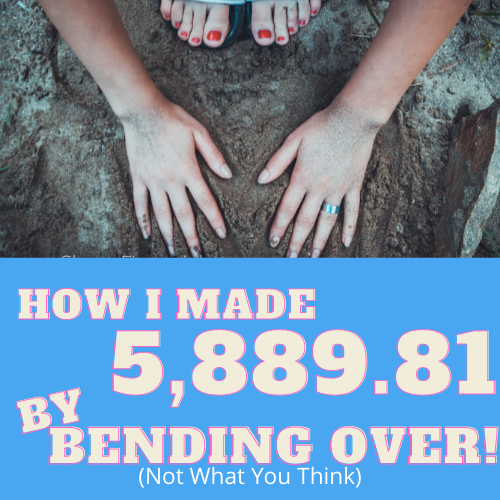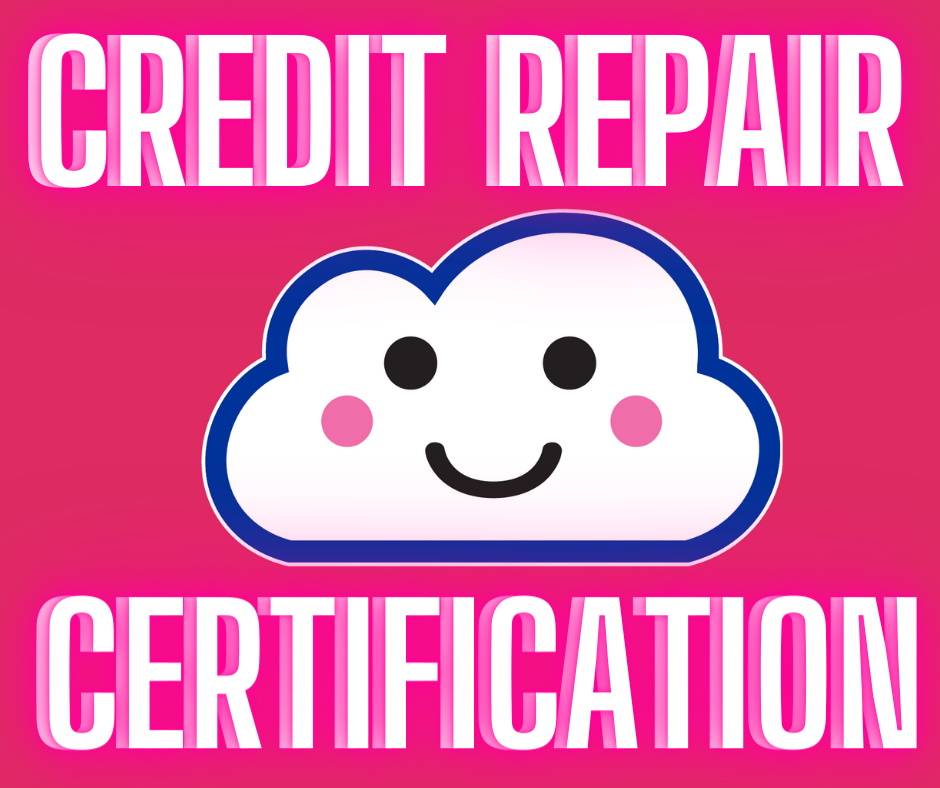How to Protect Yourself from COVID-19 while Traveling
In recent years, there has been a big rise in the number of cases of COVID-19. This virus is highly contagious and can cause serious health problems if it’s contracted while traveling. To protect yourself from this virus, it’s important to understand how it works and how to prevent its spread.
What are the symptoms of COVID-19?
The early symptoms of CVID can be difficult to distinguish from those of other conditions. The most common symptoms are:
- Fever
- Headache
- Weakness
- Tiredness
- Muscle aches and pains
- General discomfort
- Cough or sneeze
- Loss of appetite
- Vomiting or diarrhea
- Breathing problems
How does COVID-19 spread?
Covid-19 is a virus that spreads through close contact with the infected. It can be spread through coughing, sneezing, or touching objects that have been touched by someone who is infected.
To help prevent your own infection, always wash your hands with soap and water after you cough or sneeze. It’s also important to avoid contact with sick people and keep your distance from them.
How can you reduce your risk of contracting COVID-19?
It’s also important to avoid contact with other people who are sick or who have been recently exposed to COVID-19. This includes, but is not limited to, staying away from areas where COVID-19 is present and avoiding traveling with infected people.
- Keep your hands clean: To reduce your risk of contracting COVID-19, it’s important to wash your hands frequently while traveling. It’s also a good idea to use an alcohol gel on your skin before touching your face in public places like airports and public transport.
- Get vaccinated while traveling: If you are planning on traveling outside your country, it’s important to get vaccinated before you leave. This will help protect you against the possibility of getting sick while overseas.
- Be cautious when using public transport: Make sure that you avoid using public transport if possible and take care when eating food or drinking beverages in public places like airports or train stations where there could be a risk of exposure to COVID-19 without realizing it.
- Stay healthy: If you do contract COVID-19, it’s important to stay healthy by following any doctor’s advice.
- Use an anti-viral vaccine: Most countries have anti-viral vaccines available that can help reduce your risk of COVID-19. If you don’t have access to an anti-viral vaccine, you can still reduce your risk by avoiding close contact with people who are sick or who have been recently exposed to COVID-19.
- Don’t travel to areas where COVID-19 is prevalent: If you live in an area that is known to be infected with COVID-19, it’s important to avoid traveling there.
What are the precautions you must take before and while traveling?
You can prevent COVID-19 by taking some precautions:
- Always cover your mouth and nose with a tissue or cloth when coughing or sneezing, then throw that tissue in the trash after you use it.
- Avoid touching your eyes, nose, and mouth with your hands or anything else that might be contaminated, such as a doorknob or countertop.
- If you have symptoms, such as a fever, cough, or body aches, try to limit contact with anyone who could get infected and especially anyone who has an underlying medical condition, like heart disease or diabetes.
- Wash your hands often with soap and water for at least 20 seconds. Proper handwashing includes rubbing your hands together vigorously for at least 10 to 15 seconds before rinsing them under clean running water.
- Avoid close contact with sick people or anyone who exhibits symptoms of respiratory distress (coughing, sneezing, wheezing).
- Carrying a mask is not enough to prevent infection but it can be useful when you cannot avoid contact with people
Precautions to take after travel
If you develop symptoms (such as a fever, cough, or shortness of breath) within 10 days of returning from an area affected by the virus, contact your doctor immediately so you can be assessed and monitored. If you’ve had recent travel to an area affected by this virus, mention this to your doctor so that he or she can assess whether testing for the virus is appropriate.
Here are some things to remember after your return.
- Stay at home for a few days: The best precaution is to stay home for the first 3-5 days after you return. If you have fever, diarrhea, or vomiting, stay home longer. If you are feeling well and want to go out, go shopping as soon as possible.
- Wash your hands frequently with soap and water: Carry hand sanitizer with you if you don’t have access to soap and water. Wash your hands with soap and water before eating and after using the bathroom or changing diapers. This is most important for children under 5 years old because they are most likely to get sick from rotavirus infections (more info below).
- Practice good hygiene: Keep your hands away from your eyes, nose, and mouth by covering your mouth with a tissue when coughing or sneezing. Avoid contact with other people’s bodily fluids or surfaces that may be contaminated by microorganisms that could make you sick.
- Contact your doctor immediately if you develop any flu-like symptoms during or after travel, such as fever, severe headache, muscle ache, joint pain, nausea, or vomiting.
Conclusion
The information provided in this article will give you a better idea of how to protect yourself from COVID-19 when traveling. It is best to take preventative measures and keep it safe than deal with it after contracting the virus. These are very useful tips that can be used while you are planning any kind of trip.
Popular Blog Posts
About Michael
Michael is the founder of Divide The Sea. Many of us will not be educated in responsibility and preparing for the future. Michael saw this in himself and in his students. This website encourages those to divide the sea and make it to their destination. Here you can learn how to Fix Your Credit, Make Money, Save Money, and Start A Business
Please Subscribe To Our Newsletter!







